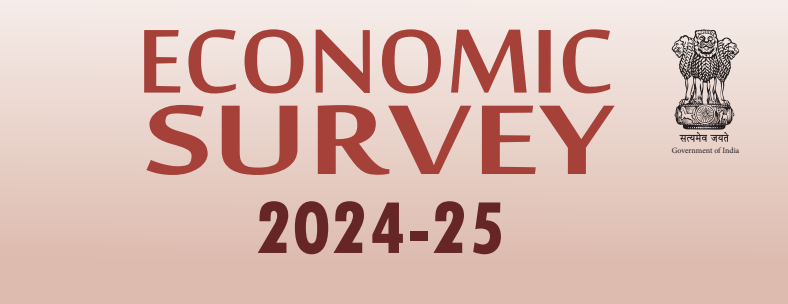THE CONTEXT: The West Bengal Assembly has passed a resolution supporting an Ad-hoc committee report that favoured the creation of a legislative council.
Analysis
- The resolution – ‘Consideration of report of the ad-hoc committee to examine the recommendation for creation of a Legislative council’ — was moved by state parliamentary affairs minister under Rule 169 of the Procedures of Conduct of Business of the House.
- Voting was duly held, with 196 of the 265 members present in the House supporting the creation of the council and 69 opposing it.
- The BJP legislative party, while opposing the resolution, said the TMC wants to pursue “backdoor politics” to help party leaders get elected as lawmakers despite having lost the assembly polls.
- The party also argued that the move would put pressure on state exchequer.
ABOUT LEGISLATIVE COUNCIL
- India follows a bicameral system at both the centre and state level.
- Under this system, the state’s legislature is divided into two parts – Legislative Assembly or Vidhan Sabha and Legislative Council or Vidhan Parishad.
- Members of the Legislative Assembly are directly elected by the people through assembly elections. Vidhan Parishad or Legislative Council is a permanent body, which can be formed or abolished when the Legislative Assembly passes a special resolution.
- In other words, the Legislative Council is the upper house of the state.
- Its institution is outlined in Article 169 of the Constitution of India. A member of a legislative council is referred to as an MLC.
- The Constitution of India does not mandate states to form a Legislative Council.
- As of now, six out of 28 states have a legislative council.
- The states with bicameral legislature include Andhra Pradesh, Bihar, Karnataka, Maharashtra, Telangana and Uttar Pradesh.
- These states have both the Legislative Council and Legislative Assembly.
- The term of the Legislative Assembly is five years unless it is dissolved earlier on the request of the chief minister.
- The tenure of the members of the council is six years, and a third of the members of the House retire after every two years.
How is the Legislative Council created?
- The members of the Council are either nominated by the Governor of the state or are indirectly elected.
- One-third of the members of this House are elected by the Legislative Assembly.
- One-third are elected by the local bodies like a municipality or other local authorities.
- One-twelfth of the members are elected by graduates.
- One-twelfth of the members are elected by teachers.
- About one-sixth of the members are nominated by the Governor.
- The legislative Council elects its Chairman, who plays the role of presiding officer and Deputy Chairman from amongst its members.
- Indian citizen who is at least 30 years of age; a person cannot simultaneously be a Member of Parliament and State legislature.
What is the role of the Legislative Council?
- The Constitution of India gives limited power to the Legislative Council.
- It cannot make or break a government. It cannot say ‘no’ to Finance Bills.
- However, there are some perks: The Council has its Chairman and Deputy Chairman who enjoy the status of Cabinet Ministers in the state.
- It is considered important for two reasons:
- a) It can ensure individuals who might not be cut out for the elections are able to contribute to the legislative process (like artists, scientists, etc).
- b) It can keep an eye on hasty decisions taken by the Legislative Assembly.
- While Legislative Council is a permanent House like the Rajya Sabha, it can be dissolved.
- Under Article 169 of the Indian constitution, Parliament may create or abolish the Council in a state if the Legislative Assembly of that state passes a resolution to that effect by a special majority.
- Parliament abolished the Vidhan Parishad in Andhra Pradesh in 1985, but in March 2007, it was reinstated.




